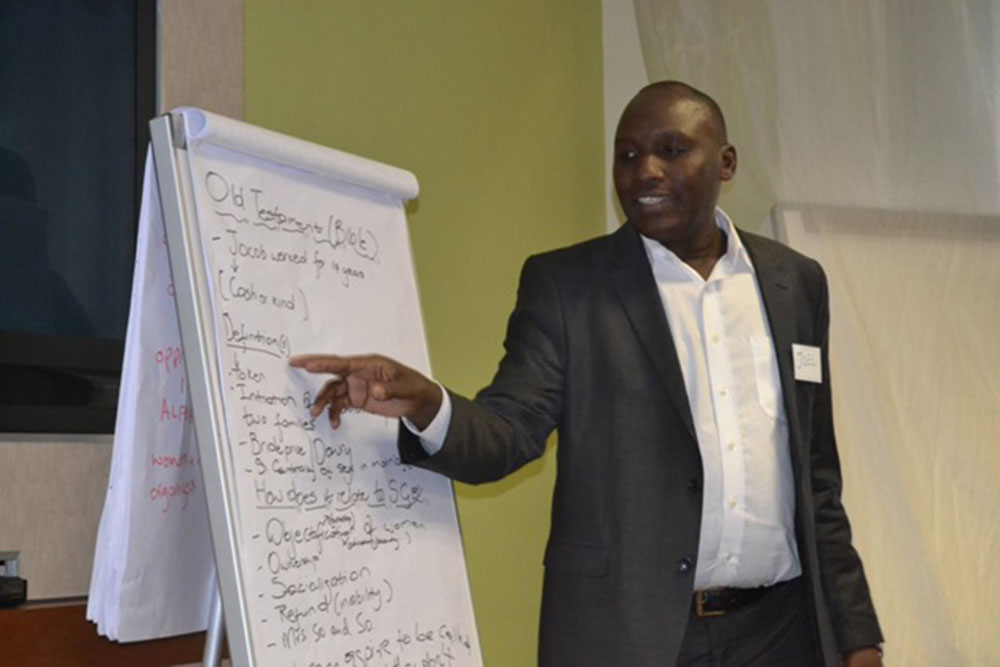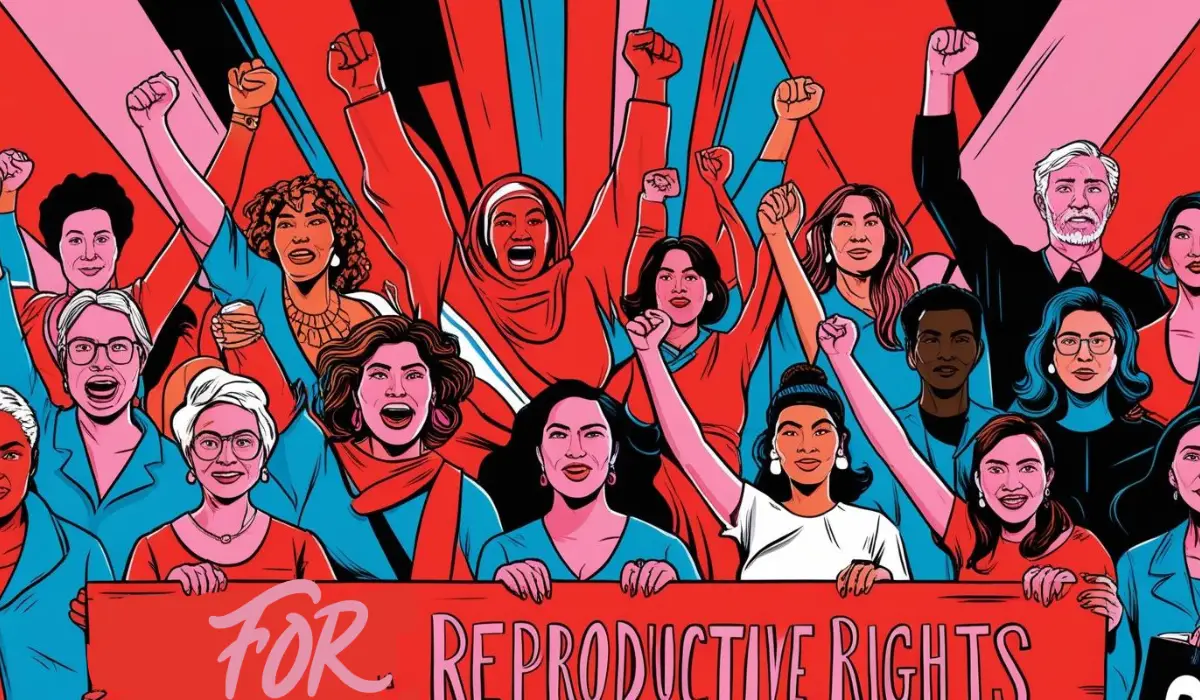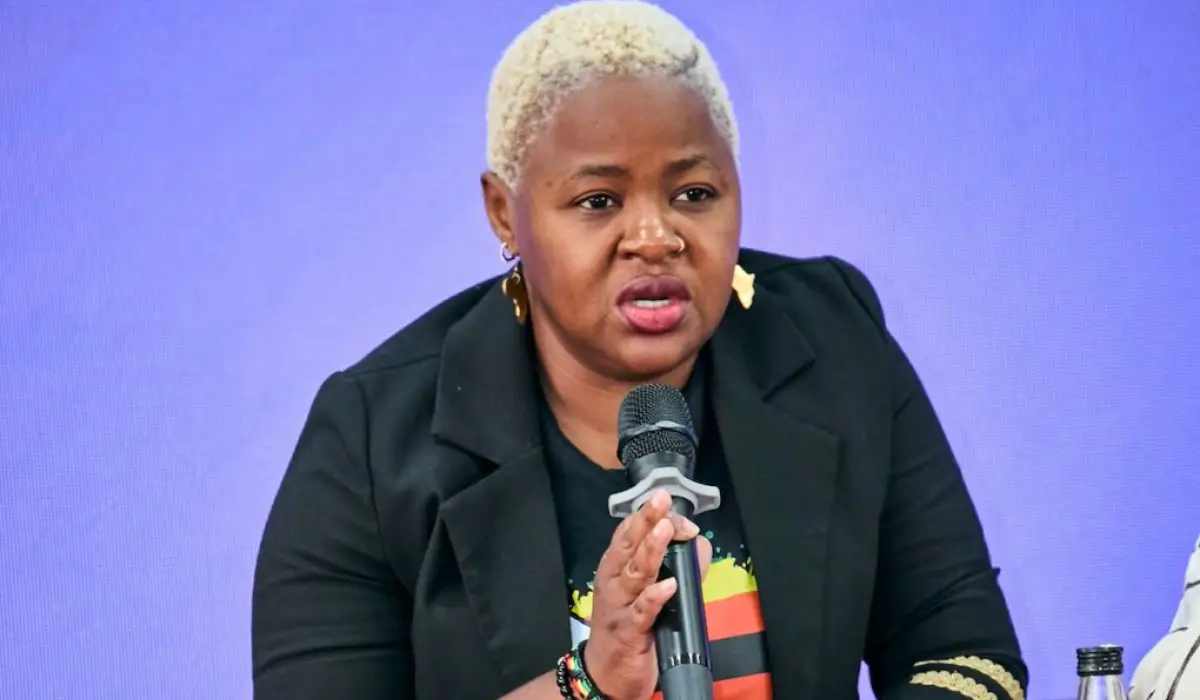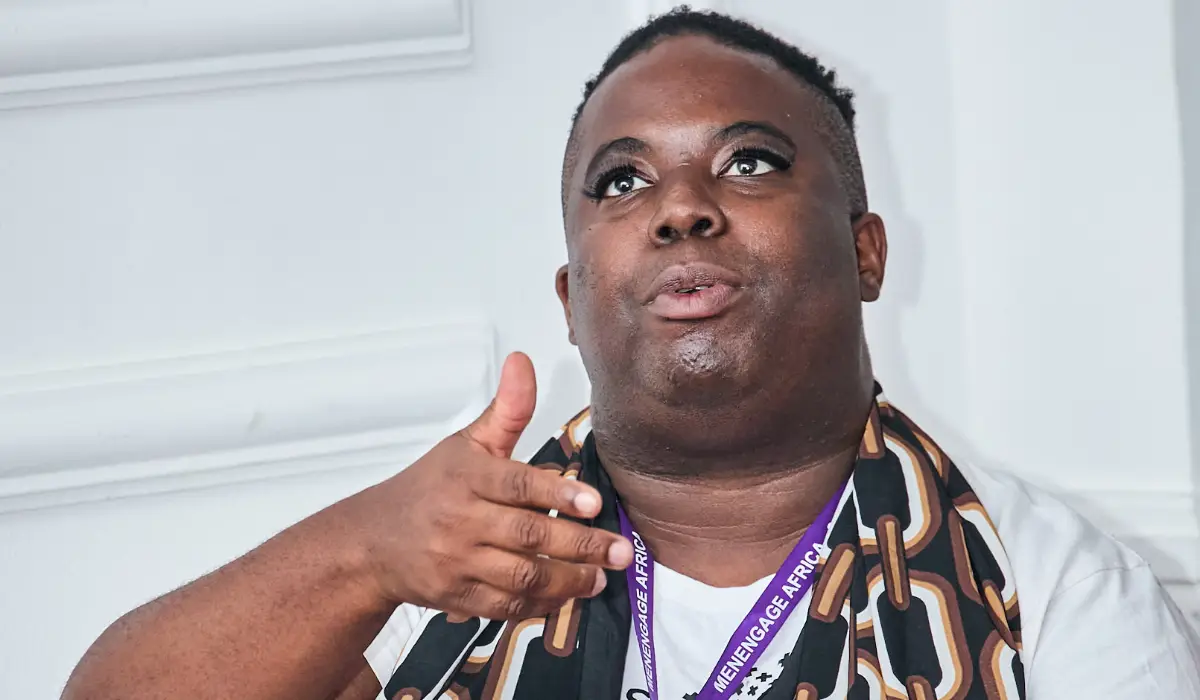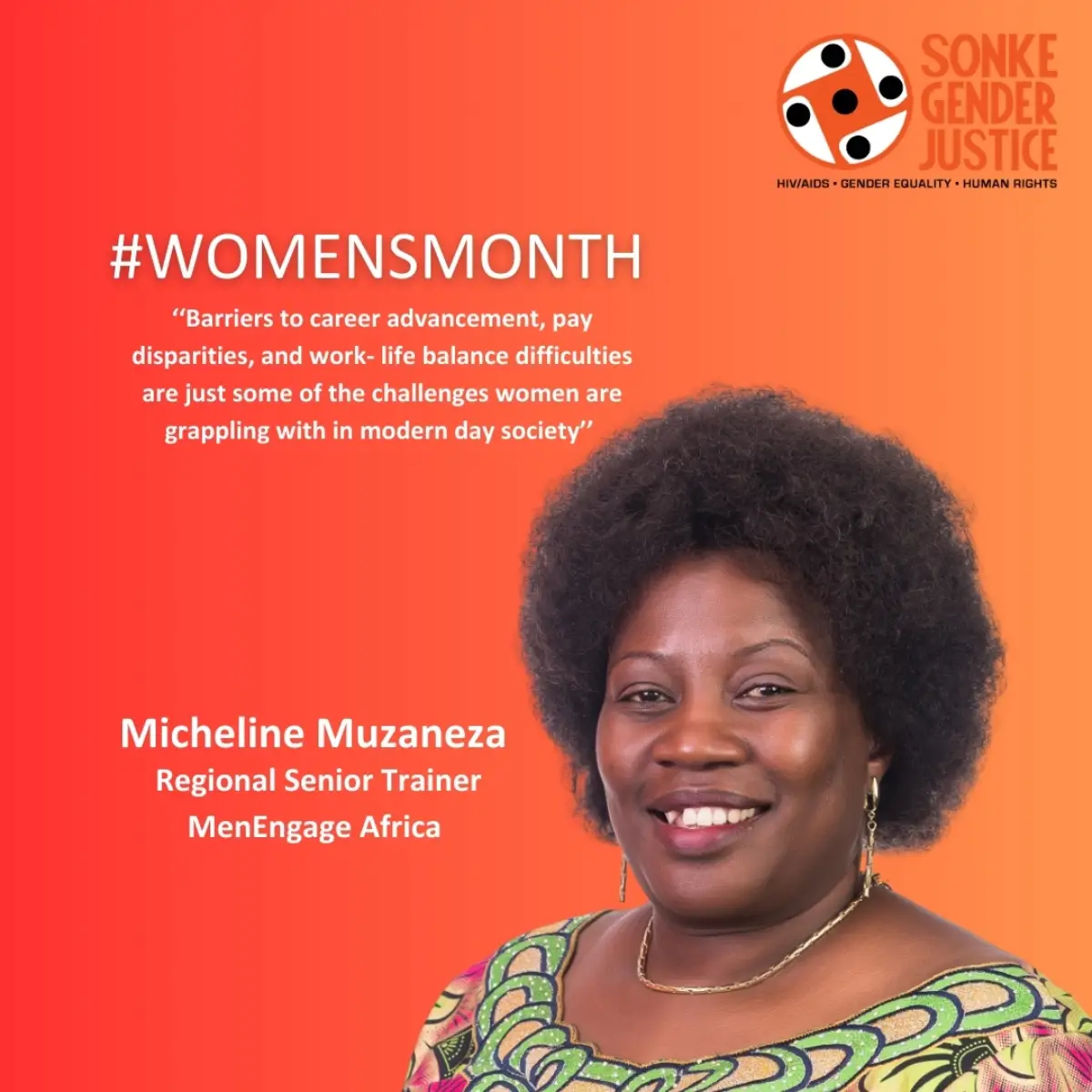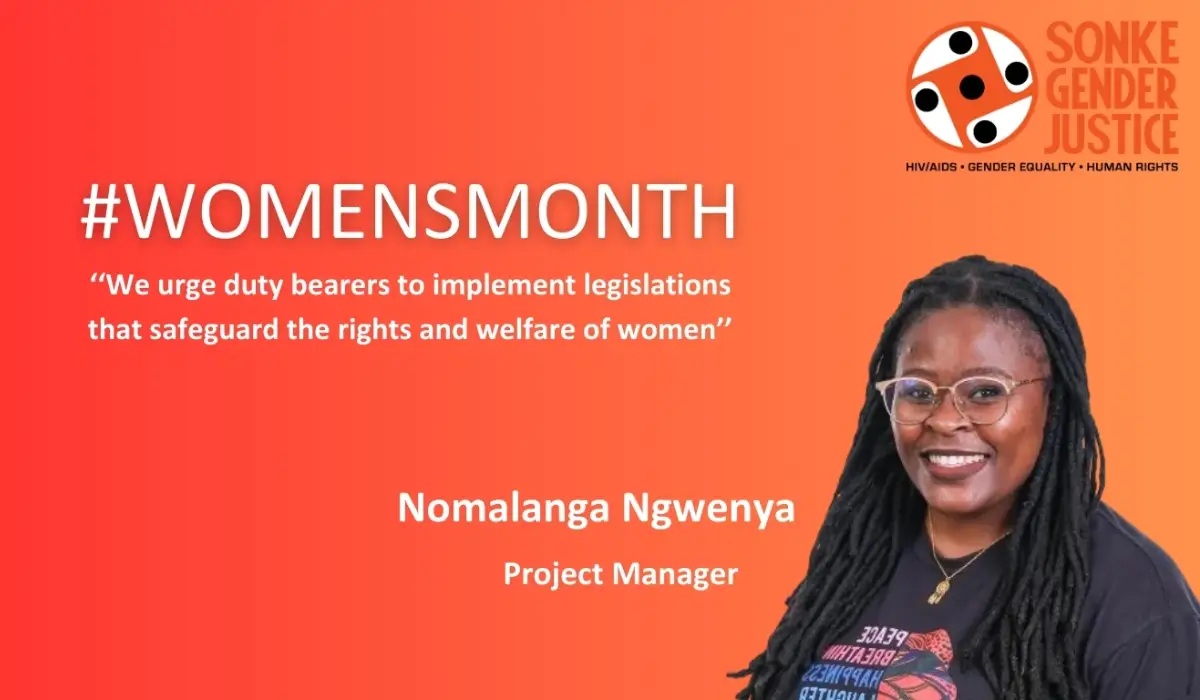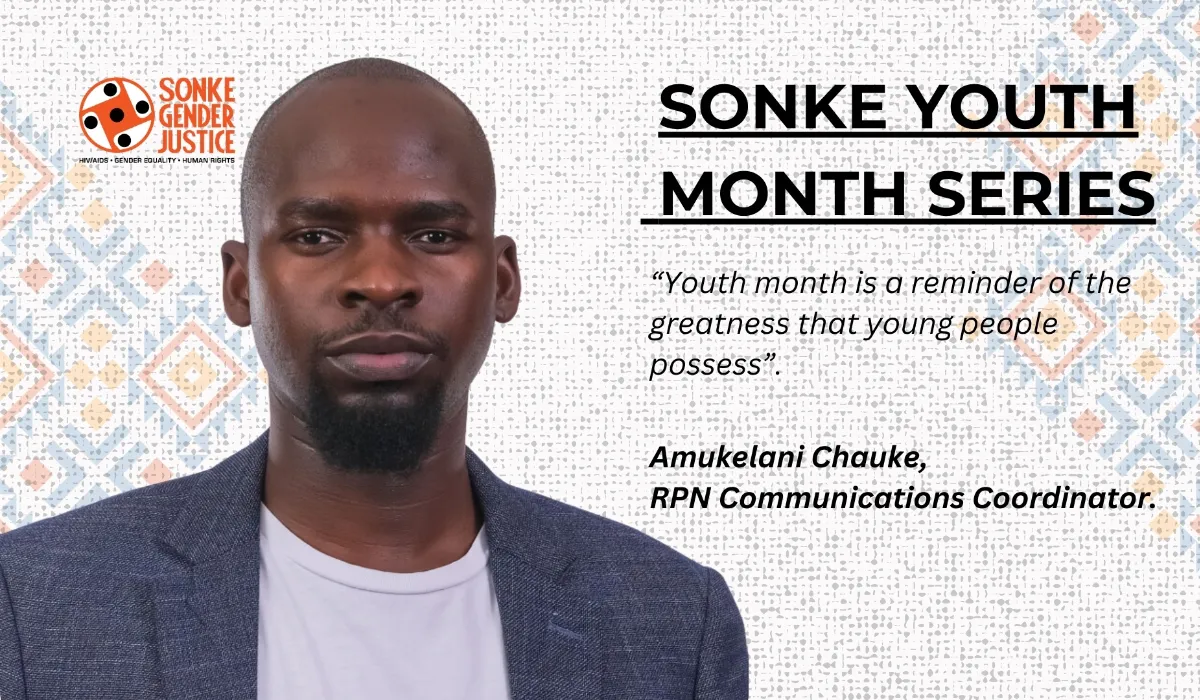About 25 faith leaders, activists and members of the MenEngage Africa network are currently participating in a five-day skills building and co-learning workshop under the theme “Religion, Gender and Sexuality”. The workshop, which started on Monday and will end on Friday, is organised by Sonke Gender Justice (Sonke), MenEngage Africa, the Institute of Development Studies (IDS) and the Wits Centre for Diversity Studies (WICDS). Participants have come from all over Africa, including from Burundi, Uganda, Kenya, Somalia, Malawi, Mozambique, Botswana, Swaziland, Zimbabwe and South Africa.
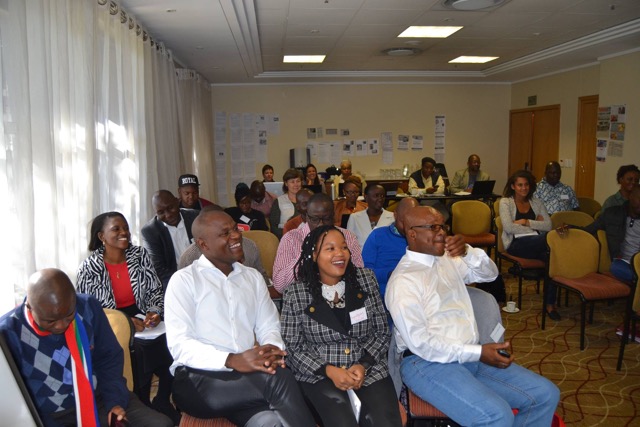
Explaining the rationale for bringing members of the faith community and gender transformation activists together to discuss issues of gender and sexuality, alongside religion, Desmond Lesejane, Director of Sonke’s Social and Structural Drivers unit which works on faith, culture and gender issues, said:
“At Sonke, over the years, we have come to realise that as we engage communities around gender transformation issues, there is always some reference to religious beliefs and [cultural] norms, people quoting text to justify male dominance and patriarchy… and these institutions, therefore, become major drivers of gender inequality.”
But, he said that in spite of this, “our engagement has been that some things can be transformed and used positively. This is enabling us to not just demonise faith and culture, but also seek to engage it and see if there are positive things that we can learn in that space,” he added.
An ordained minister himself, Lesejane admits that there is a host of scriptural texts in the Bible that propagate misconceptions around power dynamics,and which some interpret as giving men the right to dominate women, and which reinforce “notions of men created to be leaders and notions of women expected to be submissive.”
But, he points out that there is a window of opportunity to change the way that religion – all religions, in fact, – can be used with regards to gender so that religion may promote, rather than hinder, gender equality. This is what this week’s workshop on “Religion, Gender and Sexuality” wants to teach.
“This is an exceptional meeting because we are not just talking about gender holistically, but we’re talking about gender [in relation] to religion,” says workshop participant, Gogontlejang Phaladi, Director of the Gogontlejang Phaladi Pillar of Hope Project, which works in human rights advocacy and is a part of the MenEngage Africa Botswana network, “I think that is very relevant given our continental context because as Africans we have a strong religious background that influences our past, our present and how we live our lives.”
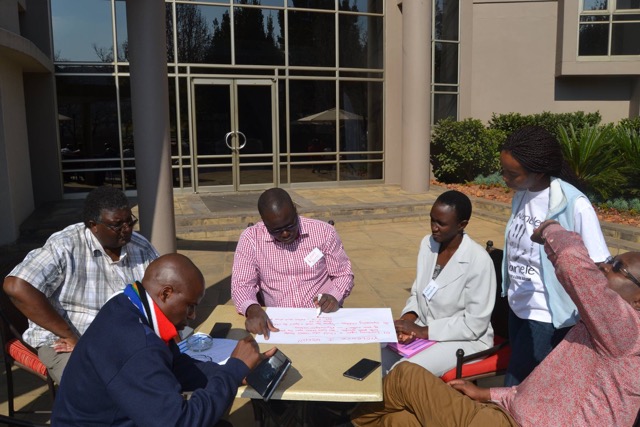
She said this week’s workshop presents a rare opportunity to discuss how religion contributes to gender imbalances.
Another participant, Golden Kangoma, Director of Programmes for the Malawi Inter-Faith AIDS Association said he hoped to learn how faith-based AIDS intervention programmes can include at-risk communities such as gay men and sex workers in their care programmes.
“In the communities that we are working in, and in [the] programmes that we are designing and implementing for the faith community, there is one thing that is missing,” says Kangoma, “As faith leaders we really need to understand the diversity of people, and embrace that, so that we can live together in harmony. The Bible and the Qur’an are clear that we are all created in the image of God. My expectation is that when I come out of this skills-building workshop I need to have that muscle that I can use to design programmes that will help religious leaders – both Christians and Muslims – to understand that it’s not up to us to discriminate against people who are perceived to be different, like sex workers, gays or lesbians.”
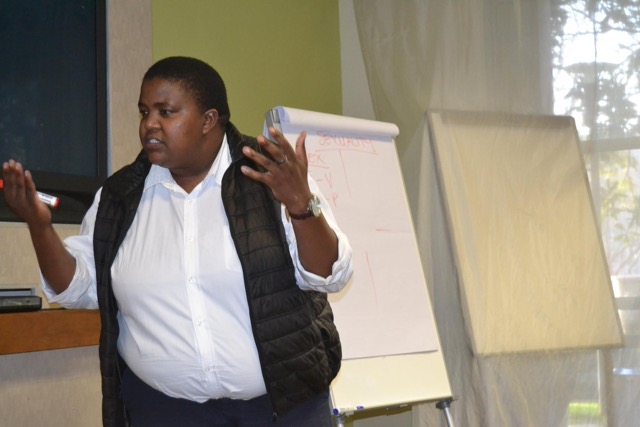
Lesejane says that there have been many religious scholars – in particular, feminist theologians – who have demystified and provided alternative ways of understanding various religious texts that have previously promoted patriarchy. He says they are successfully foregrounding concepts of religion as a space that is supposed to be inclusive, of God being affirmative of women, and of women created in the image of God as well and having their own inherent dignity.”
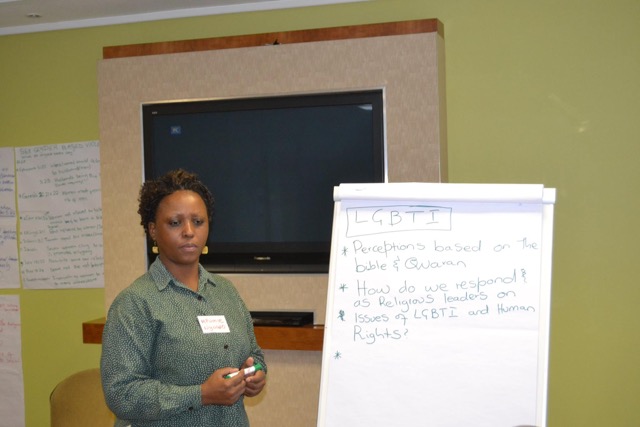
“I wouldn’t say religion promotes oppression,” says Kangoma, “But using my experience on the ground, what I have seen is that people misinterpret the Holy Scriptures. People do not know the context and meaning of those texts. They apply selective utilisation of texts and use it to their advantage. For example, Ephesians 5:22, says that ‘women must be submissive’, whereas the true meaning according to Paul was that ‘men and women are supposed to be submissive to each other’. That verse lies even before verse 22.”
The organisers hope that the “Religion, Gender and Sexuality” workshop will give faith leaders and people that work in diverse communities the tools needed to address gender and sexuality inequality and that there will be a move towards using religion to drive social cohesion, acceptance and understanding.
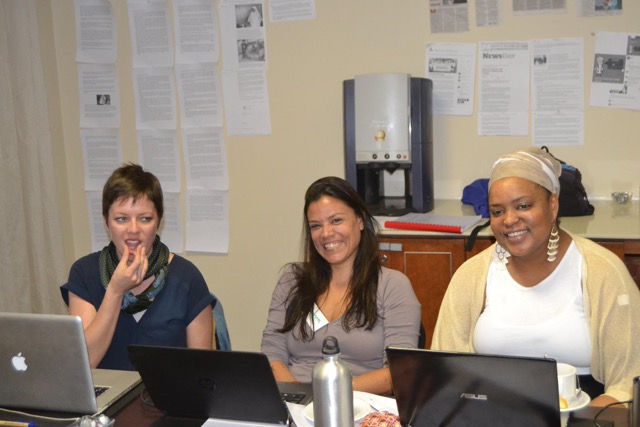
Phaladi says that she hopes to take what she’s learning in South Africa this week back to Botswana and to engage with religious leaders to eradicate gender inequality and gender-based violence.

